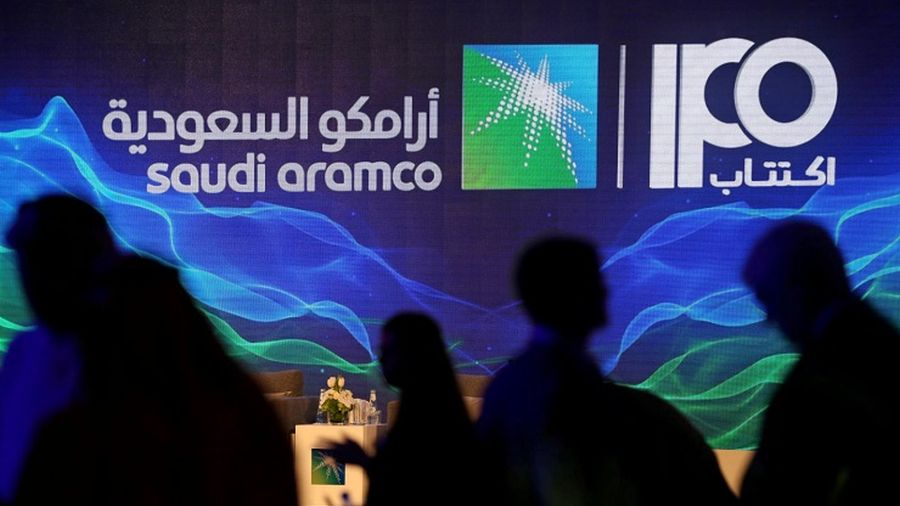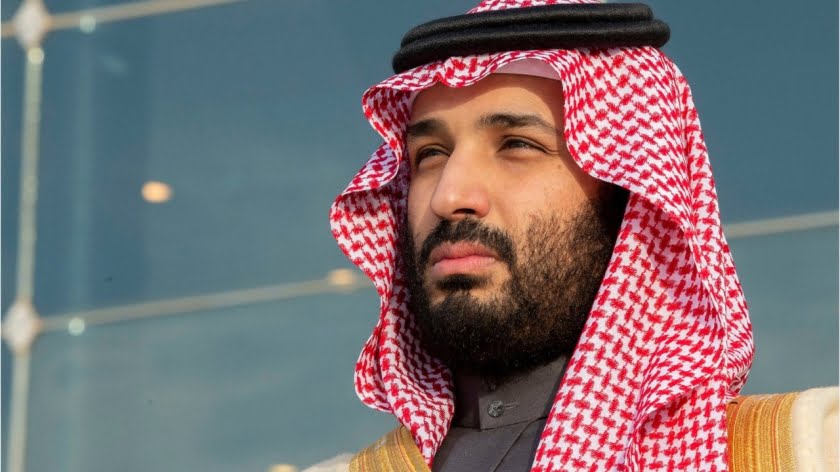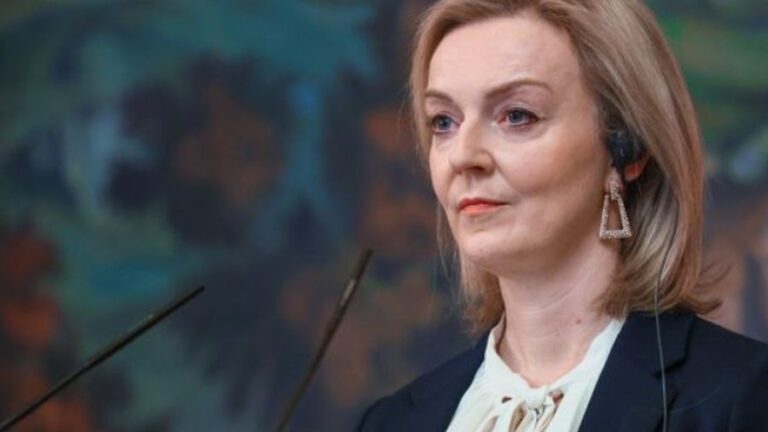Saudi Arabia becomes the Primary Destination of Political Pilgrimage
Washington’s recent active attempts to play the Riyadh card in its confrontation with Russia and in maintaining any semblance of US influence in the Middle East have turned Saudi Arabia into a “political Mecca” to which many states have suddenly flocked.
The natural front-runner in this race of political pilgrims is the US itself, which wants to get Saudi Arabia to increase oil production so that it can impose a wide range of sanctions against Russian oil amid the conflict in Ukraine. However, these attempts have so far been unsuccessful for Washington; Saudi Arabia has repeatedly declared its support for Russia as a permanent member of the OPEC+ group of oil exporters in official speeches. The failure of such anti-Russian and openly provocative US moves has therefore been clear to many before. This includes the fact that a full replacement for Russian oil requires joint work by Iran, Saudi Arabia, the UAE and Venezuela, which also have good relations with Moscow and will not go along with US oil provocations against it, including for their own political reasons.
Nevertheless, Washington continues this policy in its relations with Riyadh, initiating in particular additional phone calls by Secretary Antony Blinken in late May with the Saudi foreign minister to discuss, among other things, the “oil issue.” In April, according to the Wall Street Journal, CIA director William Burns met with Crown Prince Bin Salman to “mend relations” and also to discuss the White House’s push to use the “oil issue” in a confrontation with Russia.
In addition, through Washington’s proxy media, the US is trying to use anti-Russian and even fake publications to influence the reallocation of the OPEC+ oil quota to the detriment of Moscow’s interests. The Wall Street Journal, for example, reported that some OPEC members are allegedly considering suspending Russia’s participation in the OPEC+ deal because Western sanctions and EU embargoes “undermine Moscow’s potential” to produce more oil. However, it was not OPEC but the US itself that offered Saudi Arabia to increase oil supplies to the European Union (EU) and to exclude Russia from the OPEC+ deal in exchange for unblocking US arms supplies. Riyadh did not agree to the move. Riyadh continues to maintain a negative reaction to such proposals from Washington, including largely because of Crown Prince Mohammed bin Salman’s personal grudge against US President Joe Biden.
To strengthen US-Saudi relations and still sway Riyadh to the anti-Russian moves, the White House has even scheduled a face-to-face meeting between the US president and Saudi Crown Prince Mohammed bin Salman in late June during a possible participation, Reuters reported, in a summit of the Gulf Cooperation Council of Arab countries.
Washington is also pushing its allies to actively “woo” Saudi Arabia. In particular, Washington openly hoped that during President Erdogan’s visit to Saudi Arabia in late April, Riyadh’s ties would strengthen not only with Turkey, but also with the “collective West” through it.
The United States has also engaged Britain in criticizing “Riyadh’s defiance” to Washington’s proposals to step up anti-Russian activities. As a result, London has launched a media campaign claiming “Saudi Arabia is preventing Russia from suffocating with sanctions.” In particular, The Telegraph is actively hyping the issue with outright anti-Saudi positions, stressing that the US and the UK could use OPEC’s help in anti-Russian actions. “Saudi Arabia, which still essentially calls the shots in this antiquated cartel of oil exporters, is after all meant to be Britain’s ally,” the publication notes.
The White House has given the most active role in the political pilgrimage to Saudi Arabia to its “watchdog in the Middle East,” Israel. In recent days there have been repeated reports of direct and indirect talks between Saudi Arabia and Israel on various issues. On May 30, Israeli Foreign Minister Yair Lapid said his country was in the process of normalizing relations with Saudi Arabia, together with the US and the Gulf states. Several senior Israeli officials, including Minister of Defense Benny Gantz and the last two heads of the Mossad, have made several secret visits to the kingdom recently, the Israeli newspaper Hayom reported. At the end of May, a group of Israeli-American businessmen actively sought to develop relations with Saudi Arabia amid deepening cooperation with the Gulf states, Middle East Eye reports. And the Israeli TV channel Kan even reported that a private jet with wealthy businessmen from the two countries on board flew from Ben-Gurion Airport to the Saudi capital, Riyadh, on June 1.
Ahead of Biden’s expected first visit to the Middle East at the end of June, Israel has particularly stepped up its rapprochement with Saudi Arabia. In particular, News 12’s war correspondent Nir Dvori reported recently that a senior Jerusalem figure had secretly visited Saudi Arabia and concluded several cooperation agreements in Riyadh — “both in defense and in other areas.”
At the same time, Israeli media reported that Tel Aviv “does not expect full normalization of relations with Saudi Arabia in the near future, as the kingdom is not interested in formalizing them, primarily because of the Israeli-Palestinian conflict.” Riyadh supported the so-called Abraham Accords but at the same time made it clear that there would be no establishment of formal relations with Israel in the absence of progress in the Israeli-Palestinian peace process.
The futility of such anti-Russian political dances by Washington and its allies was confirmed by the results of Russian Foreign Minister Sergey Lavrov’s visit to a number of Middle Eastern countries, which ended on May 31, and his contacts with the rulers of several countries in the region, including Saudi Arabia. “A multipolar world is being established, and our Western colleagues are trying to hinder these processes by attempting to maintain and extend their dominance to all regions, to mobilize all other countries under their banners, using the situation in and around Ukraine as a pretext,” Lavrov said. “In fact, the situation reflects underlying problems that have been piling up for years in Europe, primarily due to the refusal of NATO states to keep their promises made back to the Soviet Union not to expand the Alliance eastwards.” Russian and Saudi Foreign Ministers Sergey Lavrov and Faisal bin Farhan Al Saud praised the level of cooperation between the countries, including in the OPEC+ format, during talks in Riyadh on May 31, 2022, the Russian Foreign Ministry said in a statement.
Riyadh’s reluctance to participate in Washington’s political and economic adventures against Russia is also demonstrated by Saudi Arabia’s desire to join BRICS, which is viewed positively in Moscow as well as in other countries of this highly respected interstate association.







